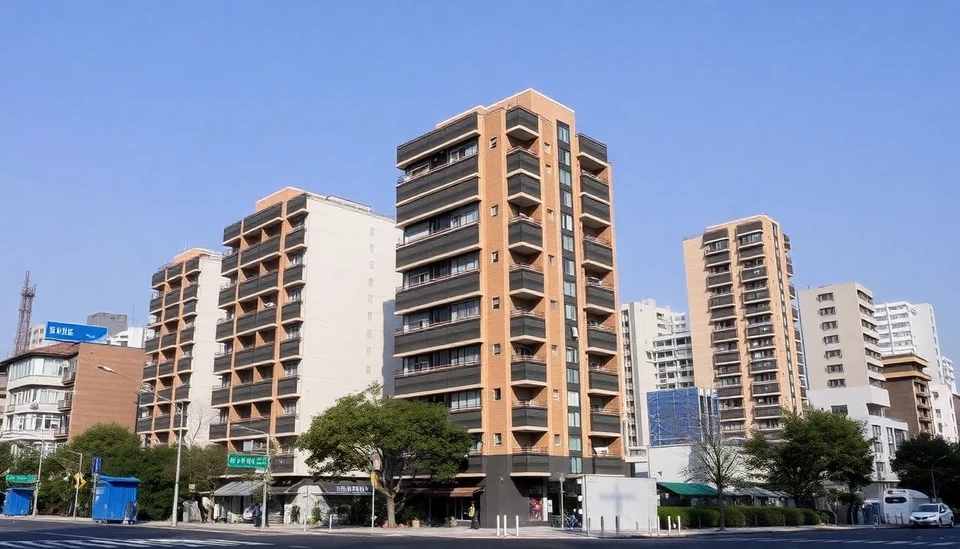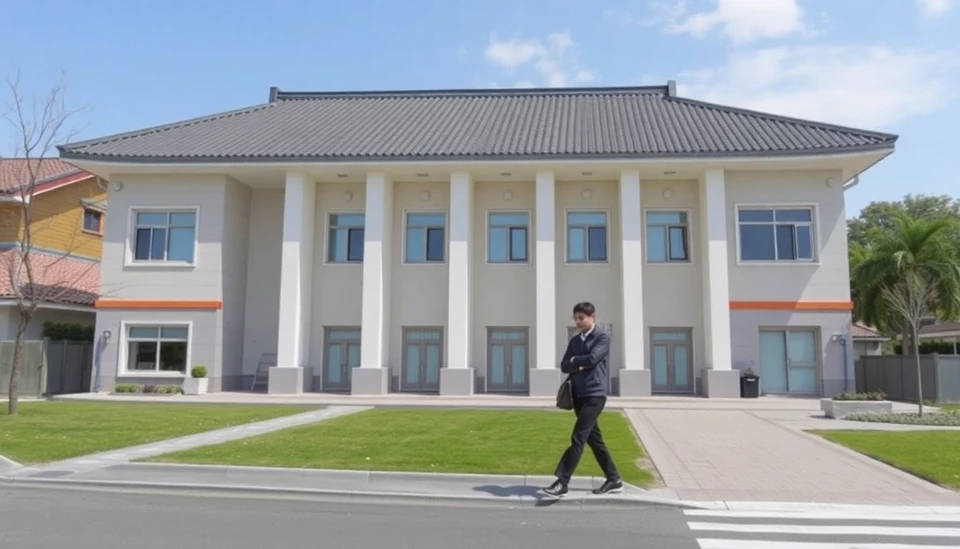
The real estate landscape in Seoul is entering a phase of pause, with recent data indicating a cooling trend in the apartment market. This shift comes just ahead of an important meeting of the Bank of Korea (BOK), which is expected to gather heightened attention from investors and homeowners alike.
In recent weeks, the pace of apartment transactions has noticeably slowed, suggesting a reluctance among potential buyers to engage in new purchases as they await updates from the central bank. The BOK is set to convene soon to discuss monetary policy amidst a landscape of rising interest rates that have impacted the housing sector significantly.
According to reports, the market has experienced downward pressure due to circumstances such as increased borrowing costs and prevailing economic uncertainties. High interest rates have made financing more expensive, prompting a notable decrease in both demand and price growth for residential properties in the city. This trend is particularly pronounced in Seoul, where the historically booming apartment market has begun to show signs of strain.
Real estate analysts have pointed out that prospective homeowners are adopting a wait-and-see approach, hoping for a more favorable economic environment before committing to large financial investments. The anticipated BOK meeting, where discussions regarding potential rate adjustments or economic stimulus measures will take place, looms large over the sector.
Furthermore, the government’s efforts to stabilize the housing market have introduced new regulations and measures aimed at curtailing speculation and ensuring affordability. These steps, although well-intended, have inadvertently led to a cautious atmosphere among buyers, who are not yet ready to jump back into the market.
As we approach the crucial BOK assembly, all eyes are on the potential outcomes and their implications for the real estate market. Stakeholders are keenly observing how the BOK's decisions will affect interest rates, lending practices, and ultimately, market sentiment.
In conclusion, the phenomenon of cooling in Seoul’s apartment market is reflective of broader economic challenges and the hesitancy of buyers in an environment marked by high costs and rising rates. The direction in which the market heads next will depend substantially on the outcomes of the upcoming discussions held by the Bank of Korea, making this an essential time for all involved in the real estate sector to stay informed and vigilant.
#SeoulHousing #ApartmentMarket #BankofKorea #RealEstateTrends #InterestRates #EconomicForecasts
Author: Rachel Greene
